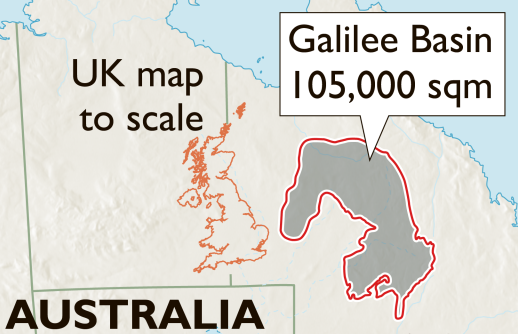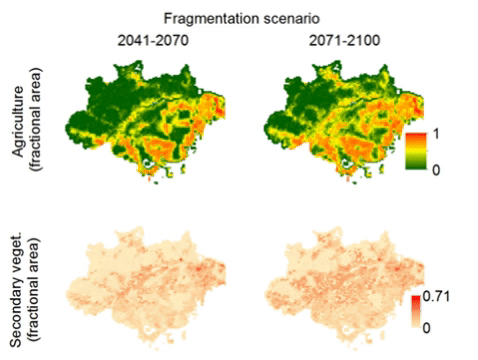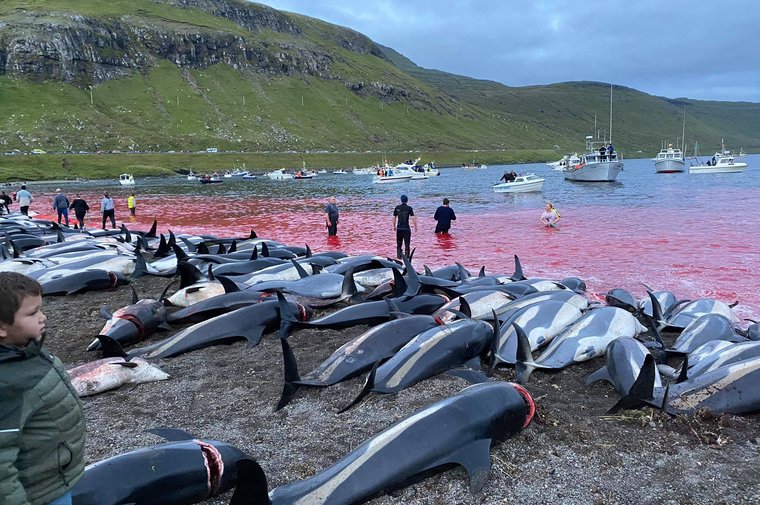Scientist tells of relief after speaking out over weedkiller fears – Herbicide poisoning expert says paraquat responsible for “tens of thousands” of deaths worldwide
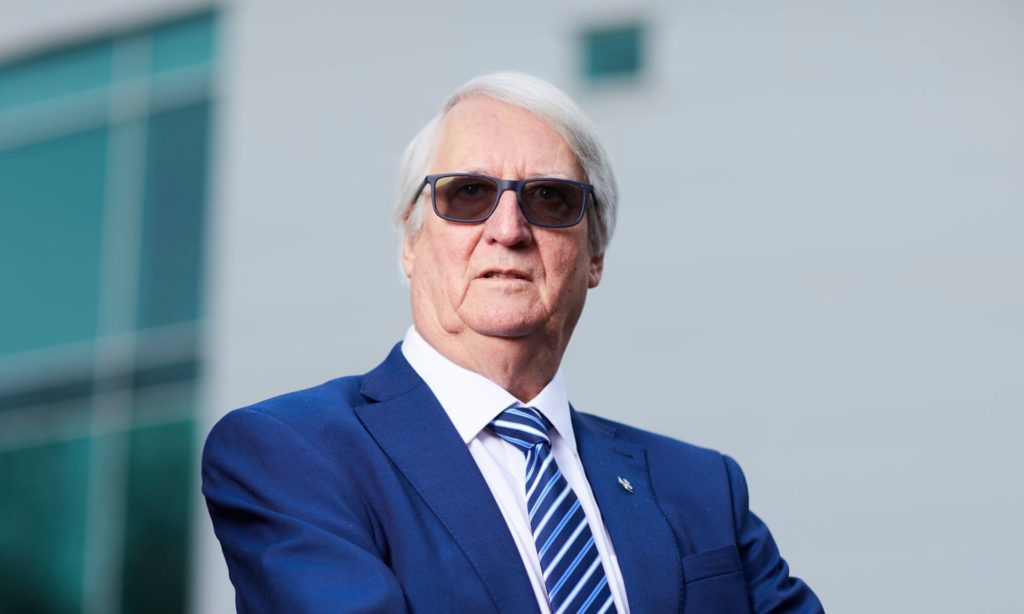
By Ben Quinn
24 March 2021
(The Guardian) – A scientist with one of the world’s largest chemical firms took the difficult decision to speak out publicly when “a new generation” of managers rejected concerns about a mass-produced weedkiller that he had been expressing for decades.
Going public has been a “relief”, says toxicologist Jon Heylings. He worked for 28 years for Syngenta, formerly ICI, where his efforts focused on developing safer formulations of the herbicide paraquat. But in 1990 he began consistently raising internal concerns about the handling of what was one of the company’s bestselling products.
Though banned for use in the UK in 2007, paraquat continues to be manufactured for export in Huddersfield to this day. The weedkiller, linked to thousands of deaths globally, is manufactured by a number of companies including Syngenta. It is extremely toxic and causes death from multiple organ failure over days. There is no treatment and effectively no way back from just one sip. […]
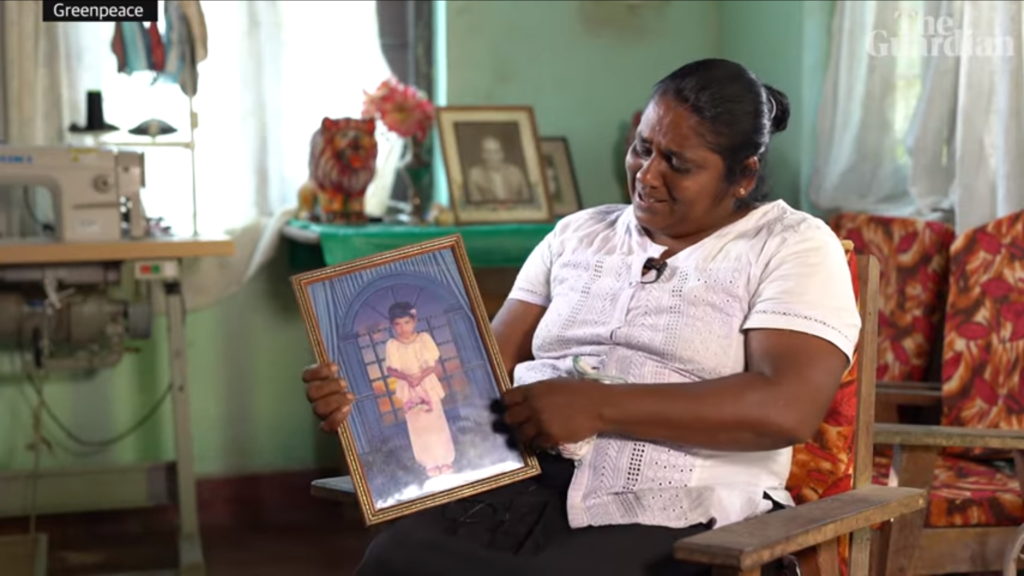
Heylings is only too aware of what blowing the whistle means within a close-knit scientific community in which he has always worked: “This is quite a major step for me and my family because a lot of the people who are going to be put under the spotlight are friends of ours, who we have had dinners with, spent Christmases with.”
Yet staying silent was never an option, according to the scientist, a respected academic at Keele University who set up his own company after leaving Syngenta. Deaths from paraquat were continuing around the world, halted only by bans in a growing list of countries. Such a move in South Korea in 2011 had the effect of reducing suicides by as much as 10%.
But deaths have continued in the developing world, particularly in poorer Asian farming communities. An expert on herbicide poisonings who carried out on the ground research into paraquat poisonings in Sri Lanka estimated it has been responsible for “tens of thousands” of deaths worldwide.
Michael Eddleston, professor of clinical toxicology at the University of Edinburgh and an NHS consultant, views paraquat as being too dangerous to use in small-scale farming communities.
“I have seen hundreds of people die from taking it, and one thing that really cuts deeply is that they take days to die. They are aware and you see the families standing next to them.” [more]
Scientist tells of relief after speaking out over weedkiller fears
